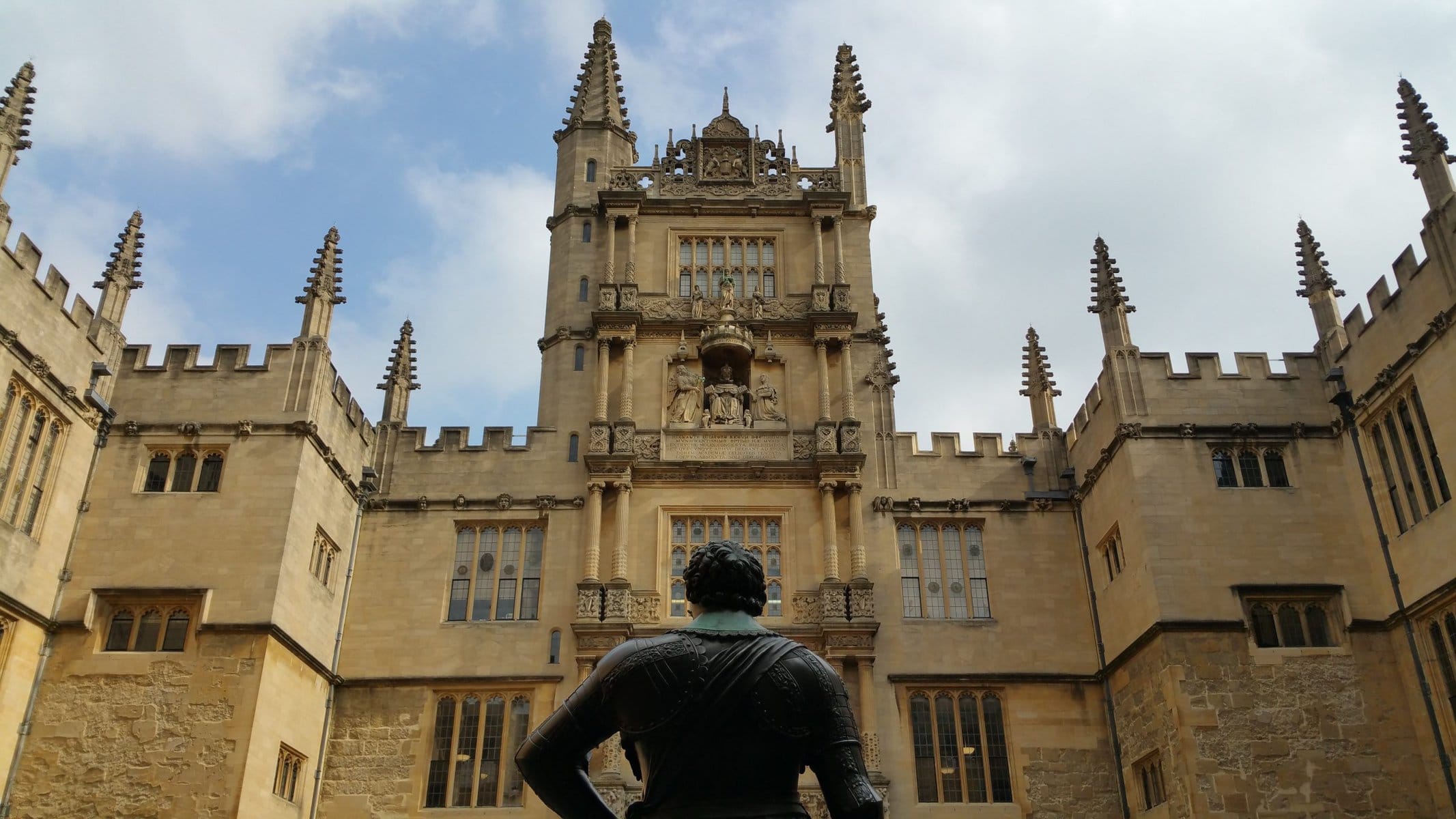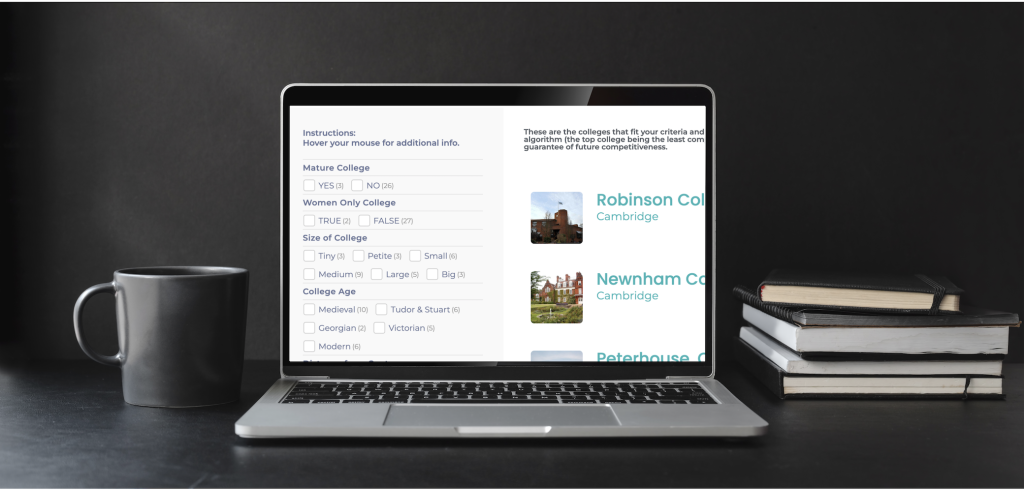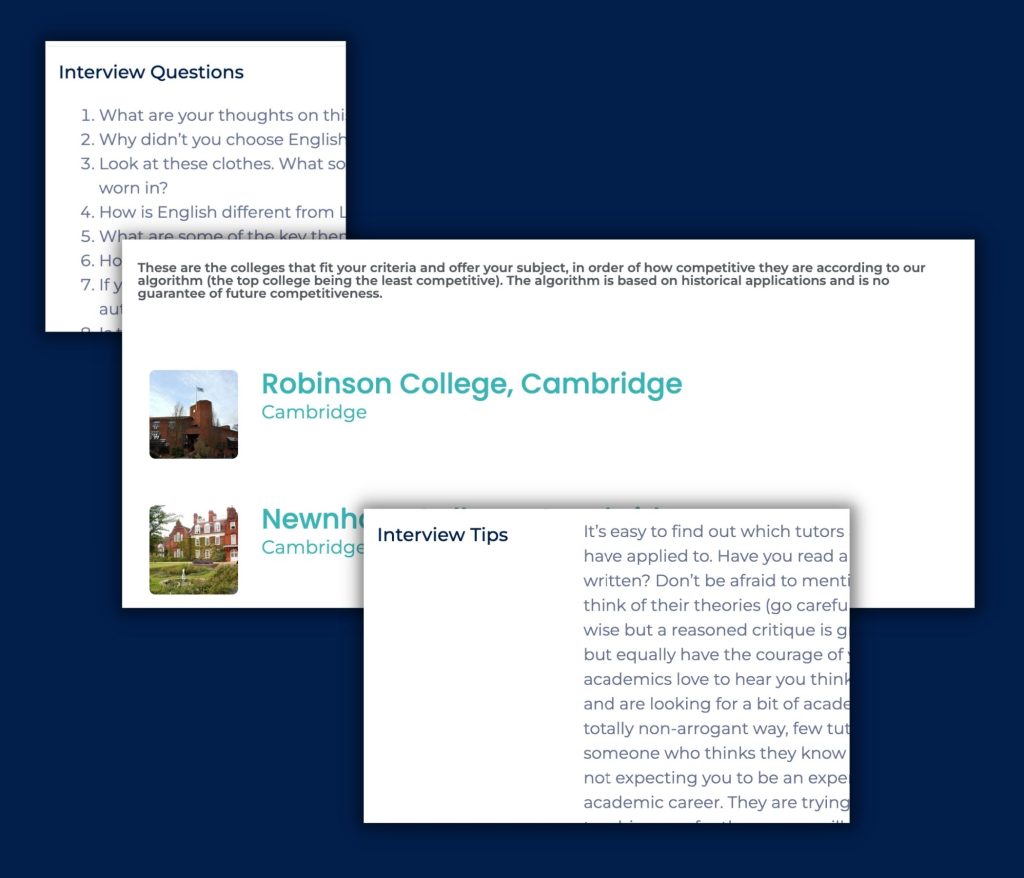You have applied, you’ve sent in all your documents and written work, you may have sat an entrance exam. Now you’re waiting to see if you’re going to be invited to an interview. You may well be dreading the invitation but hoping madly that you’ll get one (you’re not going to be successful without one, after all! The two universities do not offer a place to someone they have not interviewed).
How can OptimalOxbridge help you? This week in Blue, we are talking about the practicalities of the interview process, and then over the rest of November and at the beginning of December, we will discuss interview strategy. If you have subscribed to your course on OptimalOxbridge, you will find all sorts of interview preparation tips on the Course Insider Info Pages under your course. If you haven’t, why wait? Subscribe now for all sorts of useful tips. Use this discount code for a last minute 30% off LASTMIN (Valid until December 15th 2022). Find your course, buy a membership, and get access to a vast amount of insider information.
There are some really useful articles under the Insider Info tab. There’s a piece written by a current undergraduate about the process and a whole series of Interview Tips and over 50 “General” questions. These are questions, sometimes quite philosophical, that could be asked of anyone, no matter the degree that they wish to read. General questions are not as frequently asked as they used to be, but you are quite likely to be asked at least one and it’s advisable to get used to them just in case. They’re good mental gymnastics, whatever your degree subject.
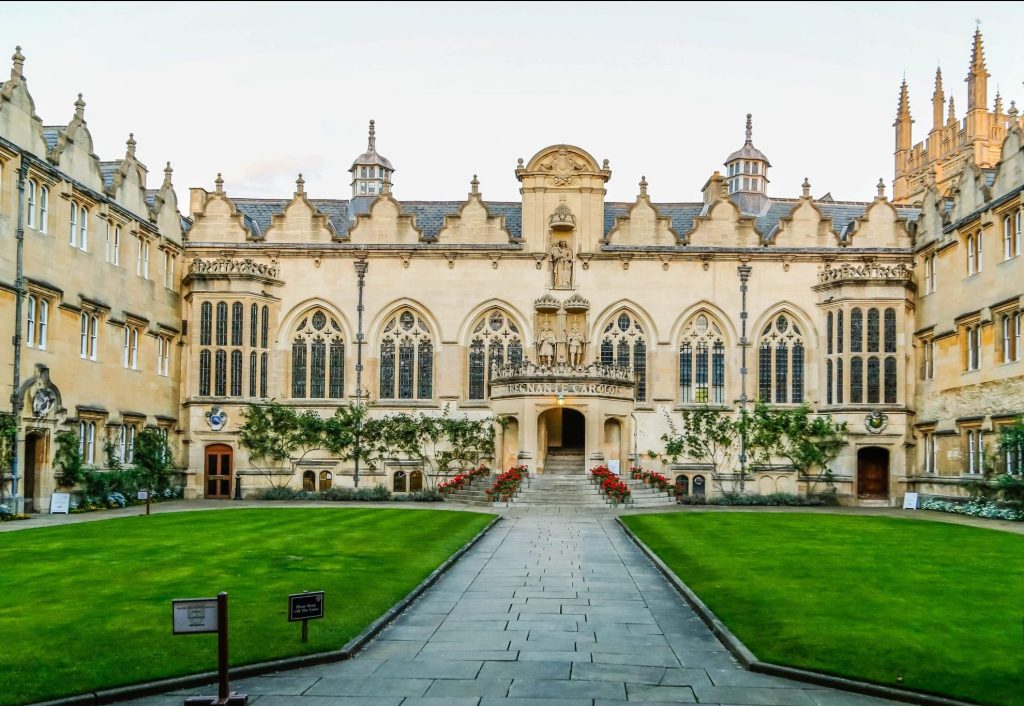
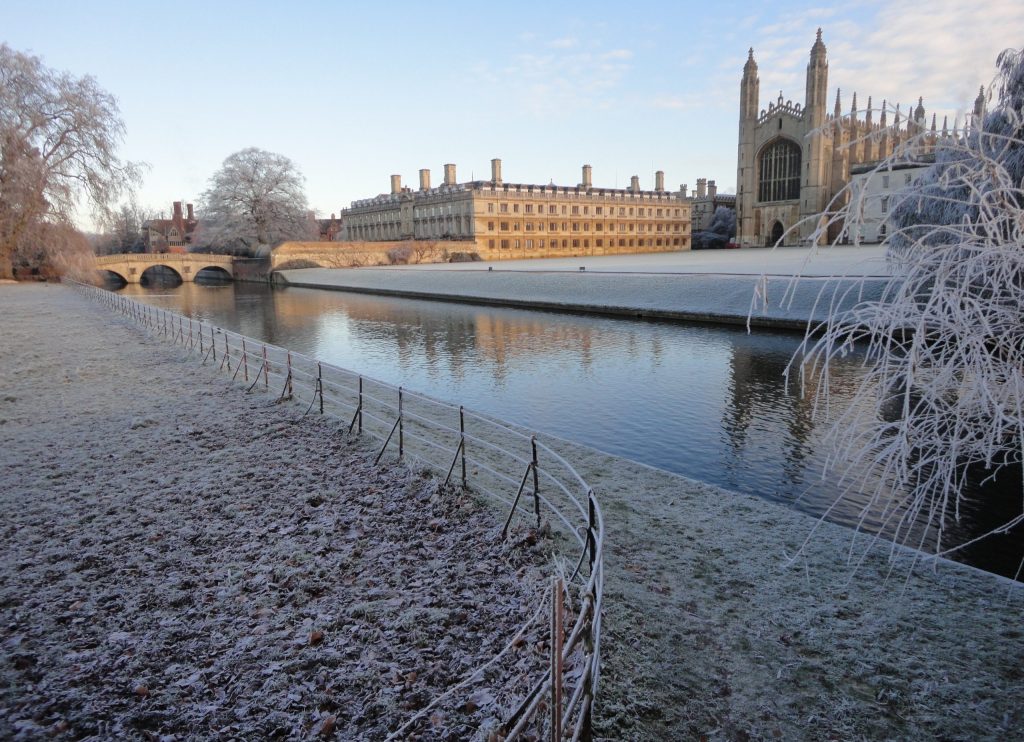
When?
Oxbridge interview(s) will take place between the 1st and the 20th December 2022. You will be informed by email or letter in mid to late November or December if you’re invited to interview. You may only get a week’s notice before your interview so start preparing now. You never know!
Oxford interviews are held mainly between the 5th and the 15th December and there is an interview timetable on the Oxford University website. At Oxford, your interview invitation will most probably come from the college you have applied to. If you’ve made an Open Application, your invitation will very likely come from the college you have been assigned to. You most probably will have more than one interview and at Oxford, you may be interviewed by more than one college, although you are very likely be interviewed by your chosen college first. You are sometimes only given 24 hours’ notice before a second interview so be vigilant. If you applied to Oxford and are interviewed, you will be told if your application is successful on the 10th January 2023.
Cambridge interviews are in the first three weeks in December and, at the moment, no more information about dates is available (but we will keep you updated). Most interviewees get two interviews, but some get one, and some three, but you cannot read much into those numbers. None of them mean anything definitive about whether you will get a place so don’t stress! Cambridge has what is known as the Winter Pool and if your college thinks you may be worthy of a place but hasn’t made you an offer, you may go into the Winter Pool for other colleges to consider. In that case, you could be invited to be interviewed in January by another college after your December interviews. Cambridge applicants will hear if they have been successful by the end of January 2023.
Where?
Most applicants will be interviewed online this year. UK based applicants to Trinity College, Cambridge will be interviewed face-to-face in college (non-UK based Trinity College, Cambridge applicants will not be required to travel but will be interviewed online). As these interviews are online, you get to choose your location. You need access to the right technology first and foremost. Secondly, you need a quiet room where you will not be disturbed and, preferably, somewhere free of distractions. Would home suit you? Is there a room at home that works? Do you have reliable Wi-Fi? Maybe a room at school would be better. We suggest that you discuss this with your school. For anyone who requires special arrangements (due to disability or access issues), we suggest you start discussing this with your school now.
Who?
Cambridge states that it invites the majority of applicants (75%) to interview. Oxford interviews a lower percentage of applicants at slightly less than 50%.
The Oxford Course pages (The Facts) in www.optimaloxbridge.com state the number interviewed for each subject, and this varies quite widely. This information is only available for Oxford. As a generalization, the higher the percentage that are offered a place, the higher the percentage that are interviewed and vice versa. 94% of Classics applicants are interviewed (highest in the university) and 40% of Classics applicants are successful (joint highest in the university with Music, which has the second highest percentage of applicants who are interviewed). Just 19% of Computer Science applicants are interviewed (lowest of all degree subjects) and only 6% of CompSci applicants are successful (joint second lowest in the university).
The numbers*:
- The most competitive course is Mathematics and Statistics, with just 5% of applicants being successful and only 22% of applicants interviewed.
- Size of intake has little bearing on your chance of being interviewed since Mathematics and Statistics has the fourth smallest intake in the university whereas PPE has the largest and your chance of being interviewed for PPE is still just 11%.
- In general, most science subjects interview a lower percentage of applicants, although Chemistry and Earth Sciences both interview 89% of applicants.
- Languages and Joint Honours degrees that include languages consistently interview a very high percentage of applicants.
- Medicine interviews 25% of applicants and Law interviews 40%.
- About 1 in 5 of those interviewed for Mathematics and Statistics get offered a place whereas at the other end of the scale, more than half of those interviewed for Theology and Religion get offered a place.
At Oxford, 25% to 45% of interviewees for the vast majority of subjects are offered places. These are higher than the Cambridge numbers where, on average, three quarters of applicants are interviewed (all those Cambridge considers having a “good chance” of being offered a place) but only on average 25% of those interviewed get offered a place.
Next week Blue will discuss interview format. Expected interview style and format changes subject to subject, and college to college, but we will guide you as to the likely format and prepare you so you know what to expect.
Neither university encourages tutoring but a surprising number of applicants do get some form of tutoring, especially to get support through their interviews. This can be extremely expensive. If you’re looking for a less expensive form of tutoring, let us know [email protected] and we will match you with an Oxbridge undergraduate who can help.

